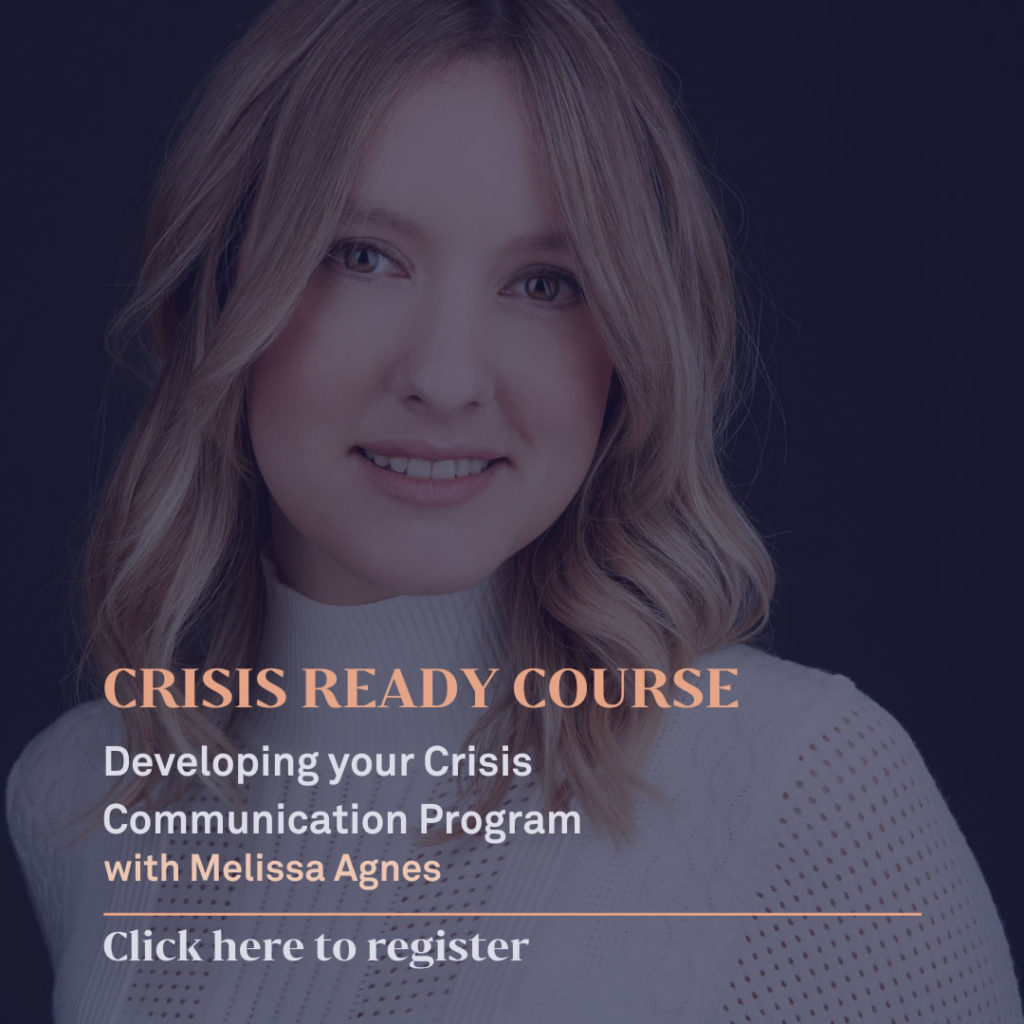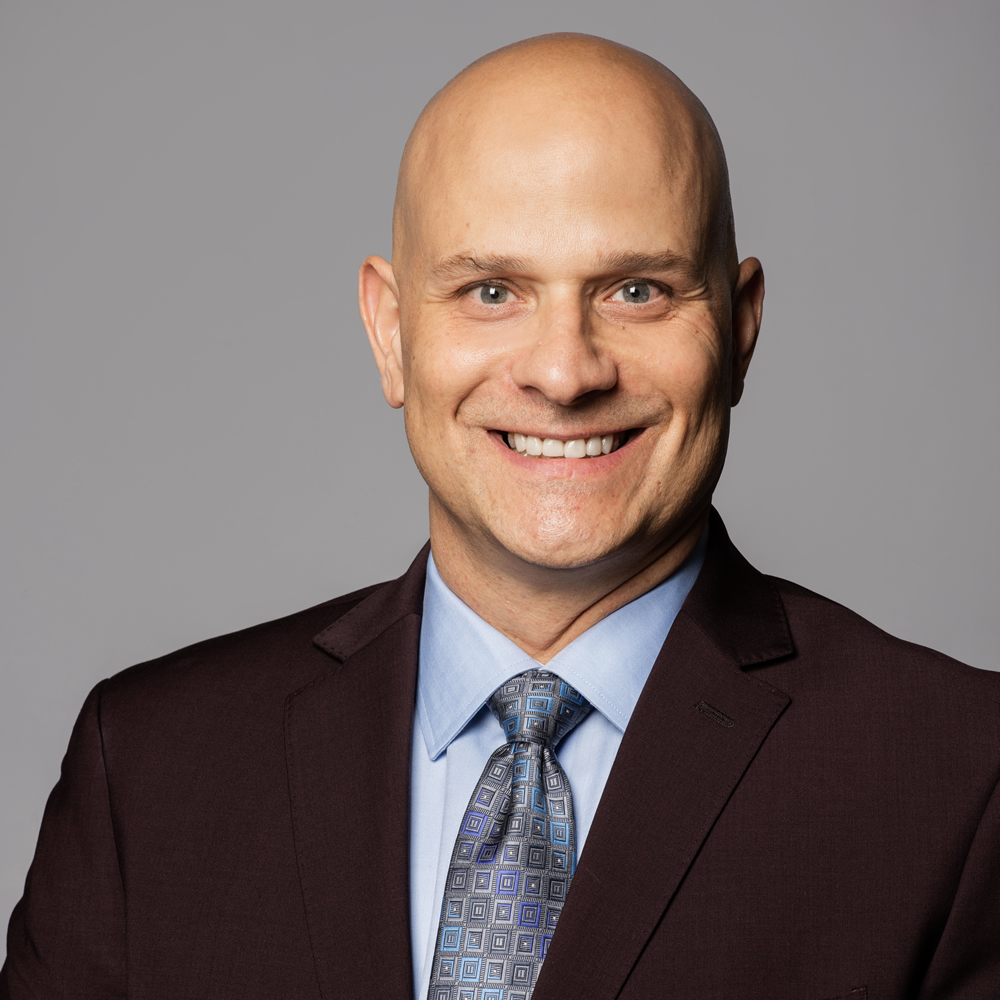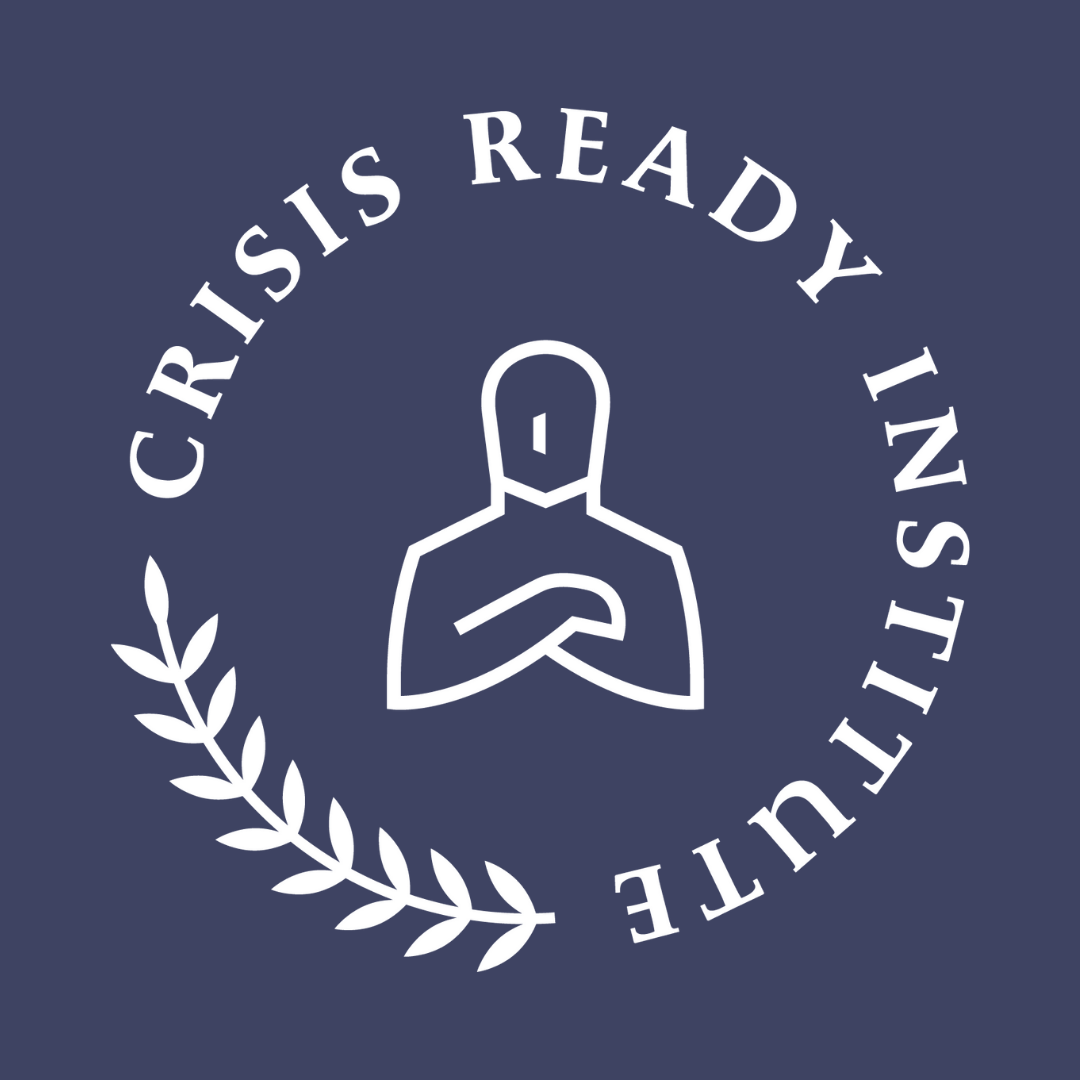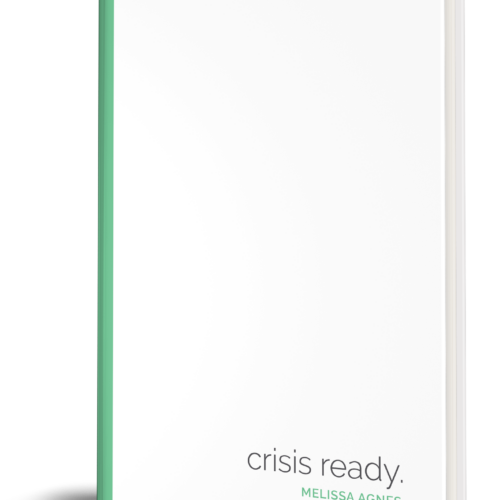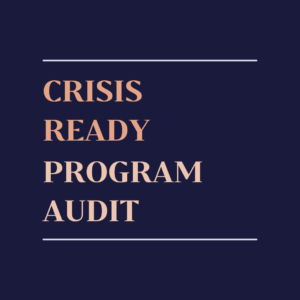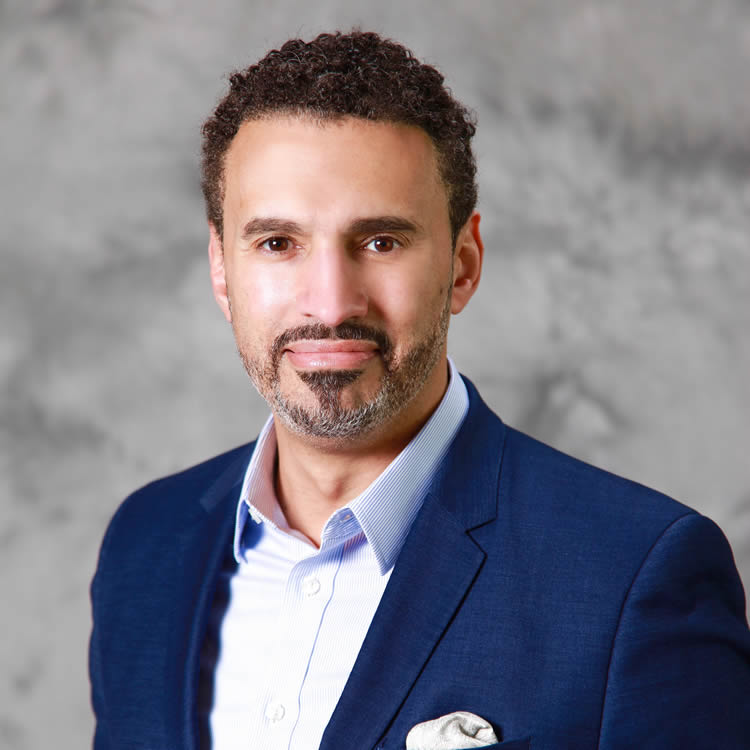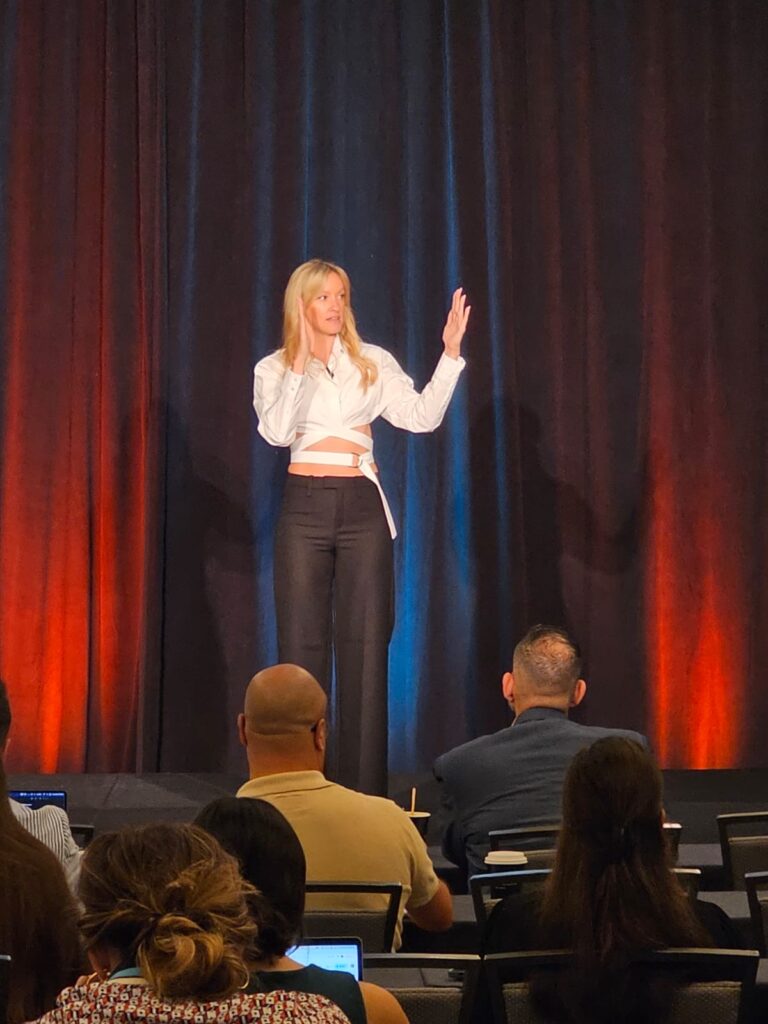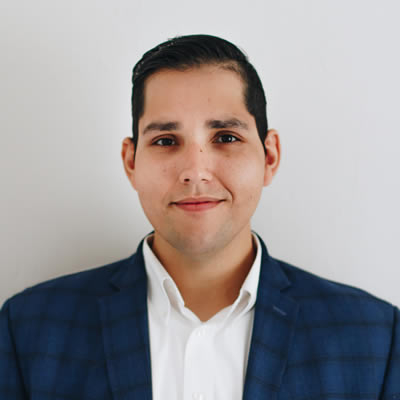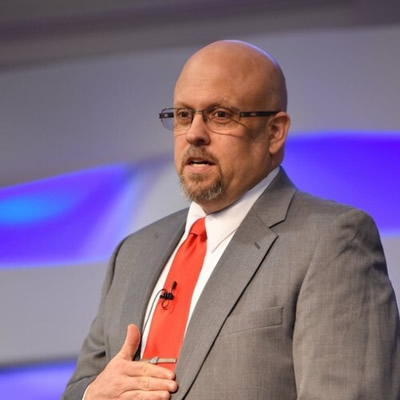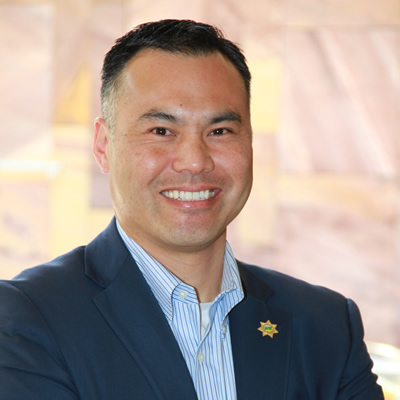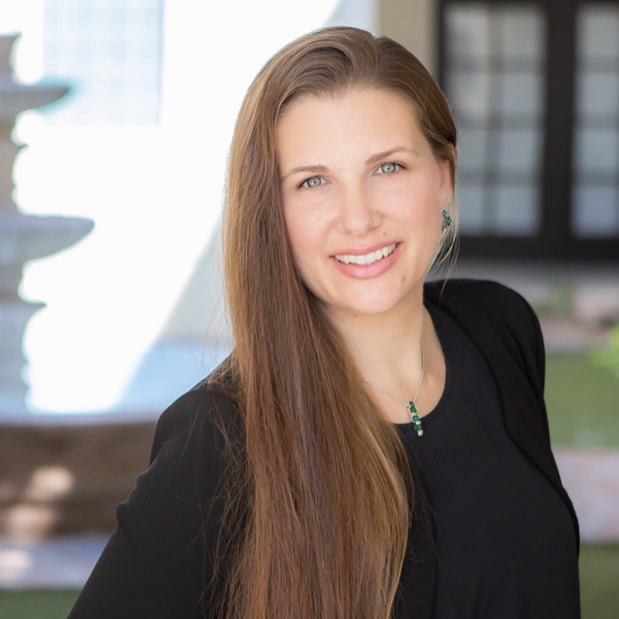If you prefer to listen to this article instead of reading it, here you go:
In the aftermath of a massive natural disaster, it’s fairly common and good practice for national leaders to fly in to get a firsthand look at the damage.
Logistically, it isn’t necessary for a president or a prime minister to survey the losses with his or her own eyes. However, an on-the-ground visit is a solid crisis communication strategy. It’s an important step in demonstrating care and concern, and guiding the community — or perhaps a whole nation that’s feeling the loss — through the crisis.
The goal of dropping into the disaster zone is to connect with those affected, provide reassurance and hope, and help them chart a path forward.
However, yo u’ve probably seen a politician or a leader (or several) fumble this crucial moment of crisis communication and leadership.
We’ve all watched as a leader delivers a beautifully articulate message of sympathy with a sober tone and eyes glued to the camera. He tells a sad story about a victim he met. He pledges funds to rebuild the broken community. He vows to keep working to make sure this never happens anywhere else.
Seemingly, all the right words might be there. But something feels… off.
You swipe away from the clip with a gnawing feeling of disappointment, maybe even disgust. “He doesn’t really care about that community,” you think. “All he cares about is getting reelected or appeasing his legal team. How dare he take advantage of that terrible tragedy!”
What went wrong?
In the middle of a large-scale natural disaster, when everybody is using similar-sounding lines to express sympathy, why do we believe some leaders and scoff at others?
How do you make sure your own words resonate instead of falling flat in a crucial moment?
To answer this question, let’s take the next step in emotional awareness and explore the concept of near and far enemies. I want to give you the words to identify what’s off between a leader who authentically connects… and a leader who misses the mark.
The goal of this analysis is to improve your own crisis communication strategy — and make you a more emotionally aware leader in the process.
Let’s back up and start at the beginning
The No. 1 goal of crisis communication is to effectively lead people through a crisis in a way that resonates through emotions, connects, instils credibility, and builds trust.
Connection is at the heart of any good crisis communication strategy.
Unfortunately, connection often gets lost as an objective in the chaos of a crisis. Politics, ego — or any of the five Crisis Ready® Hindrances — far too often end up getting in the way of connection.
How do we keep that from happening?
In addition to understanding the Crisis Ready® Formula for effective crisis communication (which you can find here, with further support here), the next step that leads you towards crisis communication mastery, begins with understanding near and far emotional enemies.
What are near and far enemies?
In Atlas of the Heart, Brené Brown shares the concept of near and far enemies. It’s actually a Buddhist concept that gave Brown one of the nuances she was looking for in her lifelong research on emotions and human connection.
Far enemies are the black-and-white, very obvious polar opposite emotions.
Let’s look at compassion as an example. The far enemy of compassion is cruelty. Discerning the difference between compassion and cruelty is extremely obvious. It’s clear when someone is being compassionate, and it’s clear when someone is being cruel, making these polar opposite emotions or, far enemies.
Near enemies are less obvious.
Using compassion again, the near enemy of compassion is pity.
Have you ever felt pitied? If so, did it feel good? The answer is most likely “No, it did not”. Why is that? Pity is not the same thing as cruelty, so why then, is it a near enemy of compassion?
John Kornfield does a great job and answering this question in his book, Bringing Home the Dharma:
“The near enemy of compassion is pity. Instead of feeling the openness of compassion, pity says, ‘Oh, that poor person. I feel sorry for people like that.’ Pity sees them as different from ourselves. It sets up a separation between ourselves and others, a sense of distance and remoteness from the suffering of others that is affirming and gratifying to the self. Compassion, on the other hand, recognizes the suffering of another as a reflection of our own pain: ‘I understand this; I suffer in the same way.’ It is empathetic, a mutual connection with the pain and sorrow of life. Compassion is shared suffering.”
So, put simply, to pity is to “other”, and to “other” is to create disconnection. That’s what near enemies do: they masquerade as something good, when really, they are creating disconnection and they leave the recipient feeling alone, isolated, not understood, or “off” in some other way.
When it comes to crisis communication and crisis leadership, this is the opposite of what will drive your success.
In Atlas of the Heart, Brown says it beautifully when she says: “Without awareness, near enemies become the practices that fuel separation, rather than practices that reinforce the inextricable connection of all people.”
What drives someone to choose a near enemy over connection, even if subconsciously?
It takes a lot of courage to enter into and hold the space of uncomfortable emotions. If you’re attempting compassion and only exhibiting “pity,” you’re blocking true vulnerability. When this happens, one of the Crisis Ready® Hindrances is coming into play — such as ego or fear.
In short, someone chooses a near enemy when they lack empathy or haven’t mastered the courage to step into the discomfort of the heavy emotions at play to truly connect with the person or people in that moment—including themselves.
‘Even I don’t buy this’
Recently, a brilliant and experienced communicator who was taking our Crisis Ready® Course on Mastering the Art of Crisis Communication and Leadership, asked me a question that reflected her struggle with a near enemy.
“Sometimes when I’m typing out a statement or drafting our crisis communication strategy, I’m thinking, ‘Even I don’t buy this shit.’ But I know this is what the legal department is going to sign off on. What do you recommend I do in that case?”
She’s not alone in this experience and my advice was simple yet requires courage: if that’s how you’re feeling as you write your crisis response, delete everything you just wrote, forget about the legal team (or whomever else), tap into the emotions that you and those you’re wanting to communicate with are truly feeling (e.g., empathy, compassion, anger, fear, etc.) and then write from that heartfelt place.
While this will only be the first draft, the magic is that even after you revise it (so long as you don’t remove the emotional intentions during the revision), the stamp of the energy of your emotional intention will be precisely that: heartfelt. Felt from the heart, to the hearts of those you’re communicating with.
One of my favorite quotes (which, I don’t know to whom to attribute, so if you know, please share!) is: “emotion is energy in motion.” We could go into depth of the power of this quote, but for the purpose of helping to drive this current point home, if emotion is energy in motion, then when you tap into empathy and communicate from a truly emotionally authentic place, the energy of that sincerity will leave an imprint on the words — whether they’re spoken or written — that will be felt by the recipient.
Of course, the first draft of the message isn’t likely the one you ultimately send to legal to approve. It’s the place you start from when you can feel the disconnect coming through your fingers as they type. From there, you can finesse the message with the brand voice and add the message points you need to communicate in order to provide reassurance and hope. But this heart-centered place is the right place to begin from.
Your authentically felt emotion will come through to the people you’re speaking with. If you catch yourself speaking from cynicism or burnout, check yourself. If you’re rolling your eyes at people’s grief or the message that you’re in the process of drafting, step away, recenter, and begin again. If you’re in your own emotional state and can’t seem to tap into the empathy needed, back away and if you can, let someone else write or speak until you can communicate from a place of true compassion.
Self work is essential for effective crisis leadership
The Crisis Ready® Hindrances are human nature. They’re a natural part of our human experience. No matter how self-aware we are, they will always find a way to attempt to creep back in.
Understanding near and far enemies is a helpful tool in overcoming the Hindrances, helping you keep them in check when they are subtly sneaking into your blind spot — which will happen. When it matters most, understanding what near enemies are can help you remain aware so that you can emotionally connect and resonate in a truly sincere and meaningful way.
This takes a lot of courage, which takes a lot of self work. Embodying the emotions we want without letting ego hinder us through self-protection is tough work that requires constant practice and grace.
To master the art of crisis communication and leadership, we have to be willing to tap into and hold space for that deeply felt emotion, as uncomfortable as it may be. We have to be emotionally capable of embodying that emotion—with appropriate boundaries—so that we can communicate and resonate through that emotion and truly lead.
That is how you communicate from a place of empathy and compassion. That is the difference between reading off legal jargon that sounds right but creates disconnection, and speaking from the heart with authenticity.
That is the mark of a true leader.
Maintaining your boundaries
I want to caution that emotional boundaries are still crucial to your crisis leadership and crisis communication strategy. There’s a difference between connecting with a person’s emotion on a deeper level that allows them to feel seen… and feeling those same emotions so deeply that you don’t know where their grief ends and you begin.
If you let yourself get consumed by the grief (or whatever overwhelming emotion prevails), you’ll become just as stuck as your audience. You can’t lead if the emotion is washing over you as powerfully as it is the people who are experiencing it.
It’s a fine balance between tapping into the emotions being felt and holding space for them in a way that creates authentic heartfelt connection, and becoming those emotions in a way that inhibits your ability to lead through a crisis.
Leadership requires maintaining the wherewithal to say, “I understand, I feel you, and I’m in this with you. Here’s what we need to do to get through it. I’m here to guide you and support you and, together, we will get through this .”
Key Takeaways: Connection vs. Control
I’ll say it again: connection is at the heart of any good crisis communication strategy.
The far enemy of connection is indifference. Indifference is obvious and is the last thing you want felt through your crisis communications.
The near enemy of connection is control. There’s a reason why Crisis Ready never uses the word “control.” Often, in trying to manage a crisis, people attempt to control the narrative, or control how they want their stakeholders to feel about the situation. But control is an illusion and the attempt at control disconnects us from the very thing we need to achieve: connection.
Letting go of the want to control and leaning into authentic connection requires a mindset shift, self-awareness, and the courage to be vulnerable.
While we’ll continue to explore these nuances in future articles, if these concepts resonate with you and light you up, then I invite you to take the first step towards becoming Crisis Ready® Certified by enrolling in our course on Mastering the Art of Crisis Communication and Leadership.

